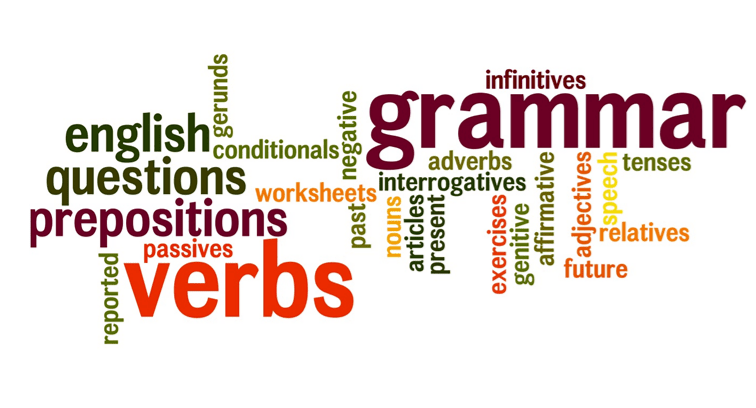Grammar Advance
-
- 5 rating
- (1 Reviews)
- 0 students enrolled
Grammar Advance
Mastery of advanced grammar is essential for clear and effective communication in both written and spoken language. It allows for more precise expression and a deeper understanding of the nuances of language. Advanced grammar is often a goal for individuals who want to excel in academic writing, professional communication, or creative writing.
-
- 5 rating
- (1 Reviews)
- 0 students enrolled
What learn
- Comprehensive Subject Knowledge
- Visual and Interactive Education
- Adaptive Learning Methodology
- 24/7 Availability
- Global Reach and Diverse Resources
Course Content
Requirements
- Smart Phone Or Laptop with Internet Connection
Description
"Advanced grammar" refers to a level of grammar proficiency that goes beyond basic grammatical rules and includes more complex and nuanced aspects of language usage. Here are some key points about advanced grammar:
1. **Complex Sentence Structures:** Advanced grammar involves the understanding and use of complex sentence structures, including compound sentences, complex sentences, and compound-complex sentences. This includes the proper use of coordinating and subordinating conjunctions.
2. **Verb Tenses and Aspects:** Mastery of advanced grammar includes using verb tenses (e.g., past perfect, future perfect) and verb aspects (e.g., progressive, perfect) correctly to convey precise timing and relationships between actions.
3. **Subject-Verb Agreement:** Advanced grammar ensures that subjects and verbs agree in number and person even in complex sentences with intervening phrases and clauses.
4. **Punctuation Rules:** Proficiency in advanced grammar includes proper use of punctuation marks such as semicolons, colons, dashes, and parentheses. It also involves mastering rules for comma usage, including the use of commas in complex sentences.
5. **Conditional Sentences:** Advanced grammar covers the various forms of conditional sentences (zero, first, second, third, mixed), which express different degrees of possibility, likelihood, or hypothetical situations.
6. **Reported Speech:** Advanced learners of grammar can convert direct speech into reported or indirect speech accurately, maintaining tense and pronoun changes.
7. **Relative Clauses:** Proficiency in advanced grammar involves the use of relative clauses to add information to sentences, including defining and non-defining relative clauses.
8. **Modal Verbs:** Understanding and correctly using modal verbs like "must," "should," "can," "could," and "might" in various contexts and shades of meaning.
9. **Passive Voice:** Proficiency in advanced grammar includes using the passive voice to emphasize the action or the receiver of the action, as well as recognizing when the passive voice is appropriate.
10. **Idiomatic Expressions:** Advanced learners are familiar with idiomatic expressions, phrasal verbs, and collocations, which often don't follow strict grammatical rules but are essential for fluent and natural-sounding language use.
11. **Clarity and Style:** Advanced grammar goes beyond correctness to consider clarity, conciseness, and style in writing and communication.
12. **Sentence Variety:** Proficient users of advanced grammar understand the importance of sentence variety, using different sentence structures for emphasis and impact.
Mastery of advanced grammar is essential for clear and effective communication in both written and spoken language. It allows for more precise expression and a deeper understanding of the nuances of language. Advanced grammar is often a goal for individuals who want to excel in academic writing, professional communication, or creative writing.
Recent Courses
- June, 23rd 2025
- 3
This course plan outlines a comprehensive curriculum for a prompt engineering course, designed to equip learners with the ski..
- 1699.00₹
2000.00₹
- June, 28th 2025
- 12
In an era where technology is seamlessly integrated into our daily lives, understanding the synergy between Embedded Systems..
- 1599.00₹
2000.00₹
- May, 22nd 2024
- 0
Microeconomics is an essential component of economics as a whole, as it helps us understand how individual decisions and inte..
- 799.00₹
999.00₹
About Instructor







.png)


